See the Photos of the Rare Cicada Emergence
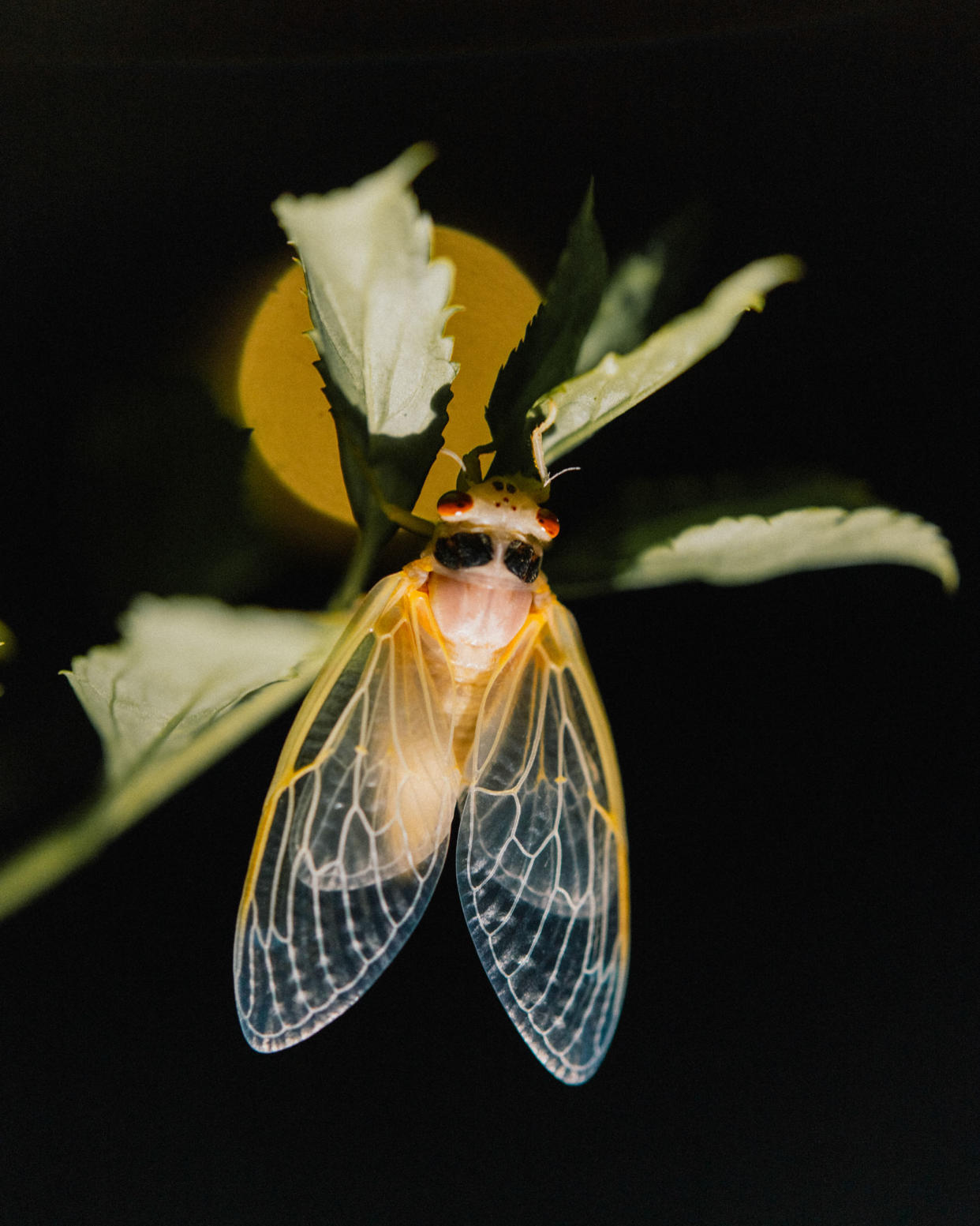
A cicada from the 13-year Brood XIX in Chicago, Ill. Certain neighborhoods, notably wealthy ones with big gardens, mature trees, lawns and most importantly- decades of undisturbed soil appeared to be the hardest hit by the swarms. Credit - Alana Paterson
Earlier this spring, two broods of cicadas—the 13-year Brood XIX and 17-year Brood XIII— made history in a co-emergence that had not been seen in more than two centuries.
Their buzzy mating call is being heard across the Midwest and Southeast—though Illinois is especially experiencing a significant year as periodical and annual cicadas gather at the same time. While there is little overlap between the two broods of periodical cicadas, the highest likelihood of contact between broods is near Springfield, Ill., according to the University of Connecticut.
That slight overlap does not necessarily mean the two broods will breed with one another. “Is there a possibility of interactions and hybridization? That could occur—but given the long life cycles, it's really hard to study,” PJ Liesch, the director of the University of Wisconsin-Madison Insect Diagnostic Lab, tells TIME.
Periodical cicadas spend most of their livelihoods underground before tunneling up to the surface to repopulate for the next generation of cicadas.
Below are photos of the noisy little creatures, from Chicago through Dewitt County, Ill.
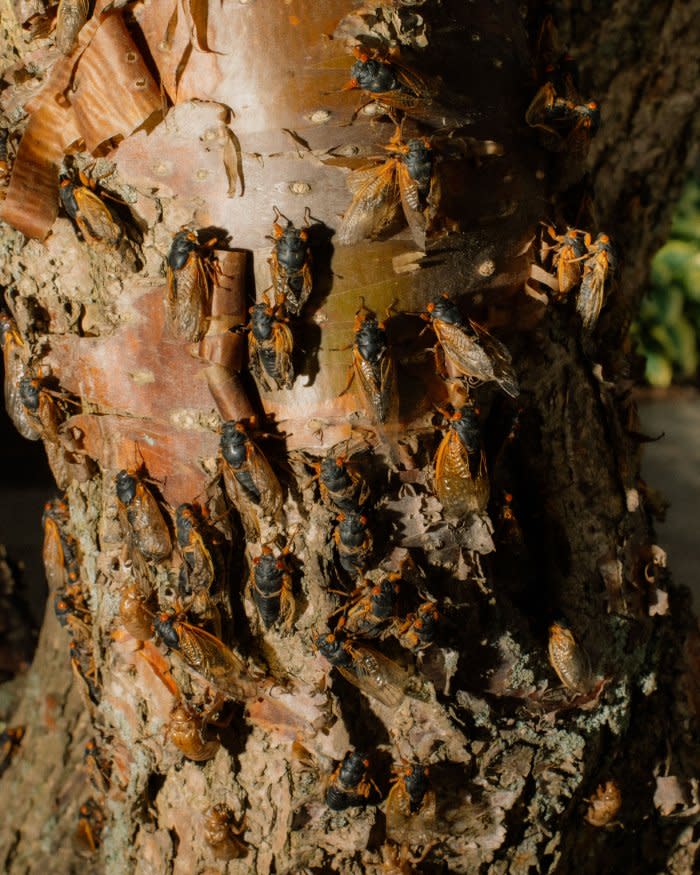
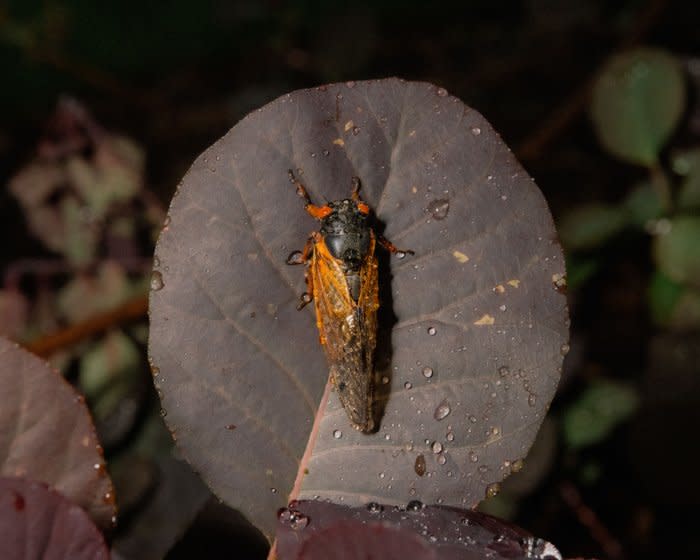
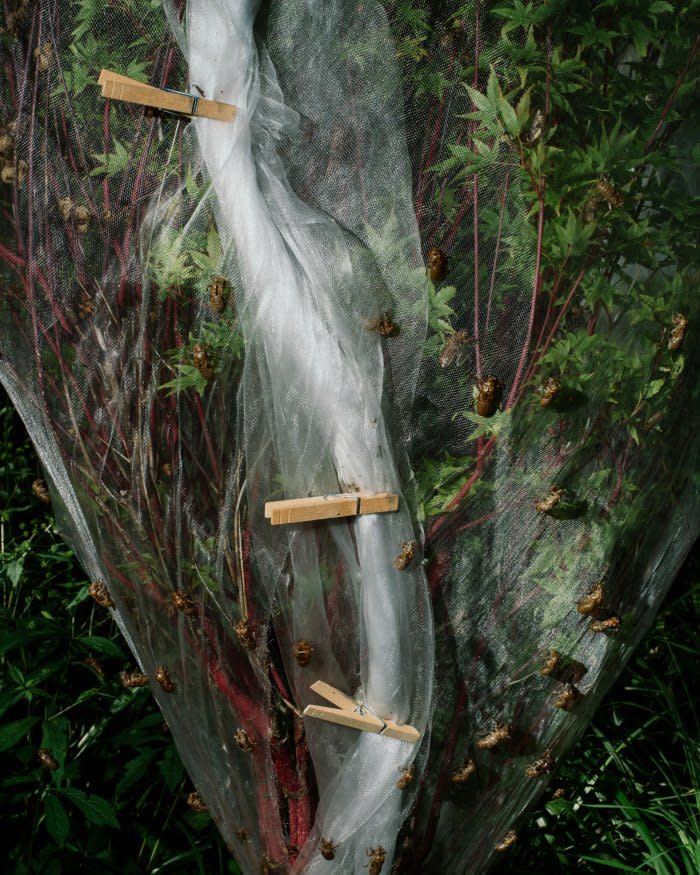

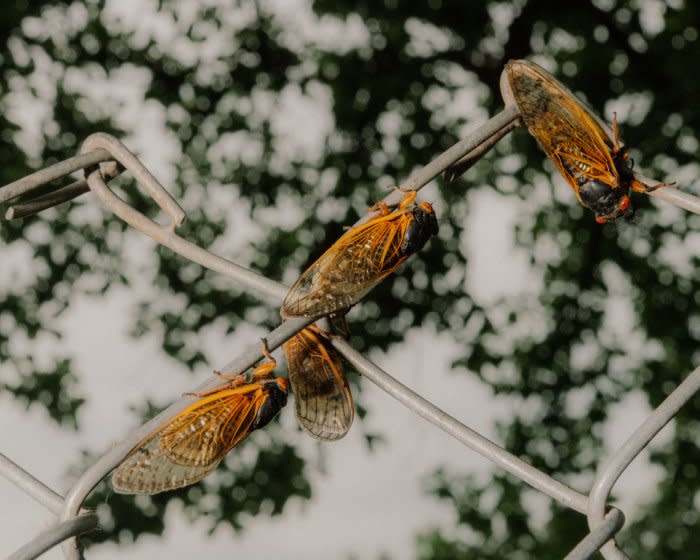
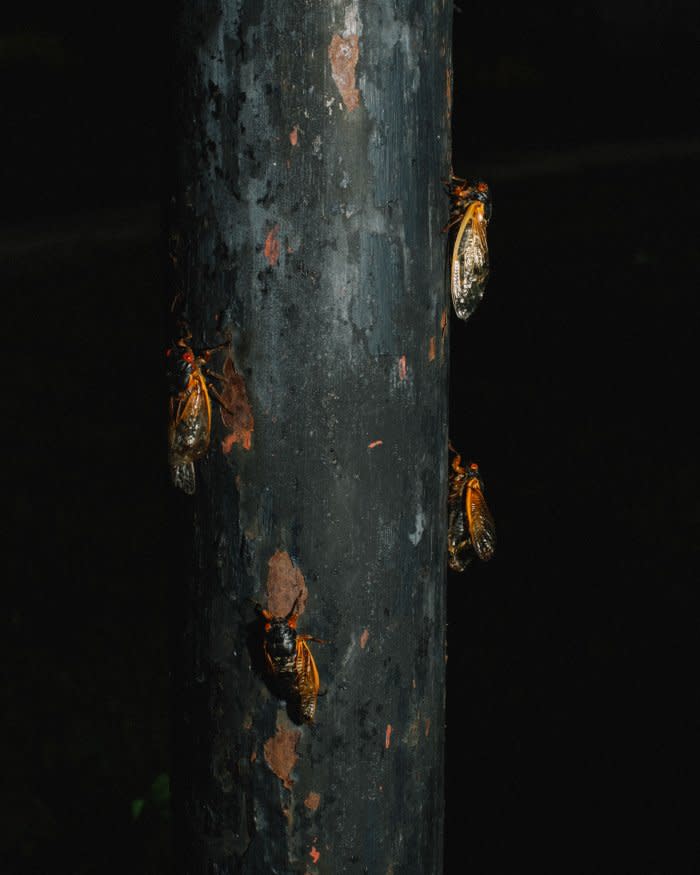
Contact us at letters@time.com.

 Yahoo News
Yahoo News 
